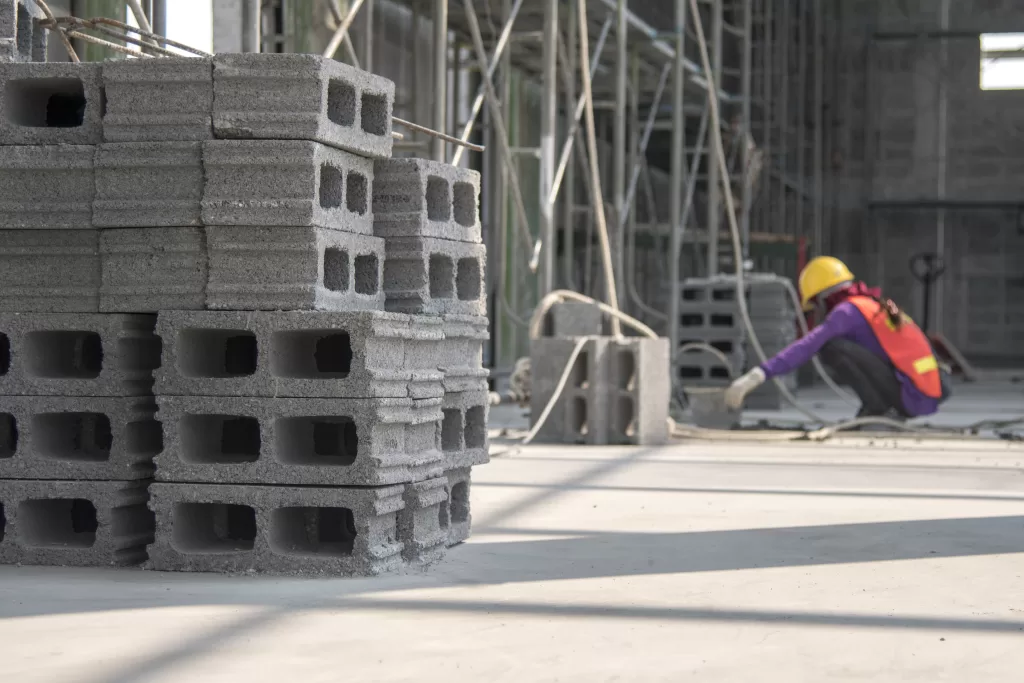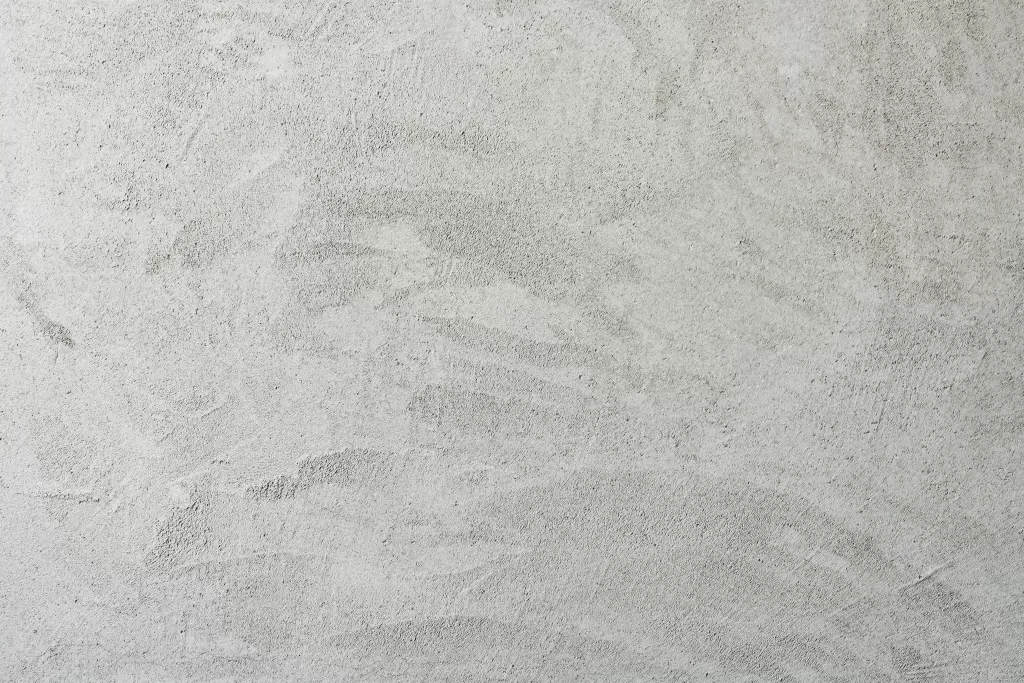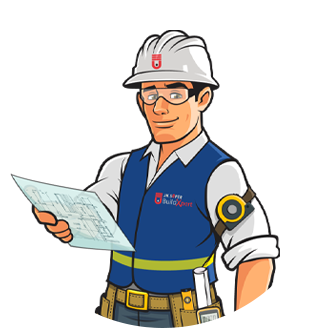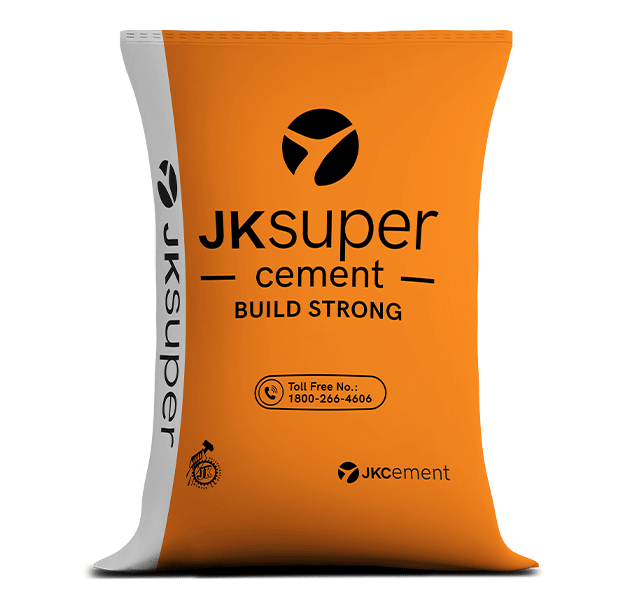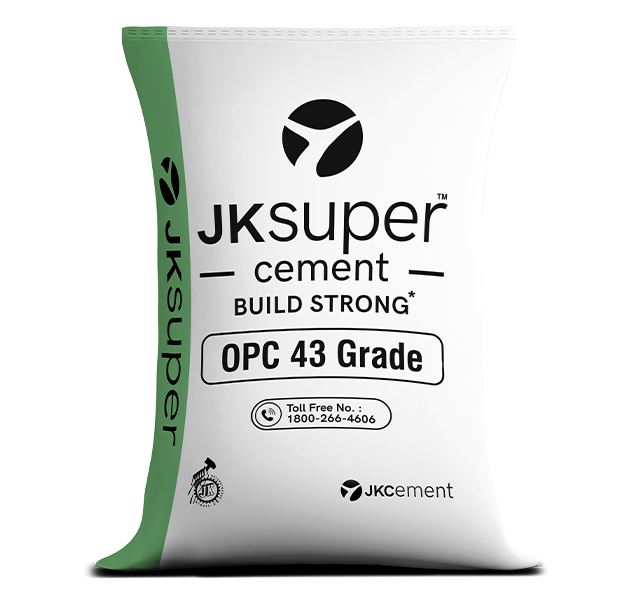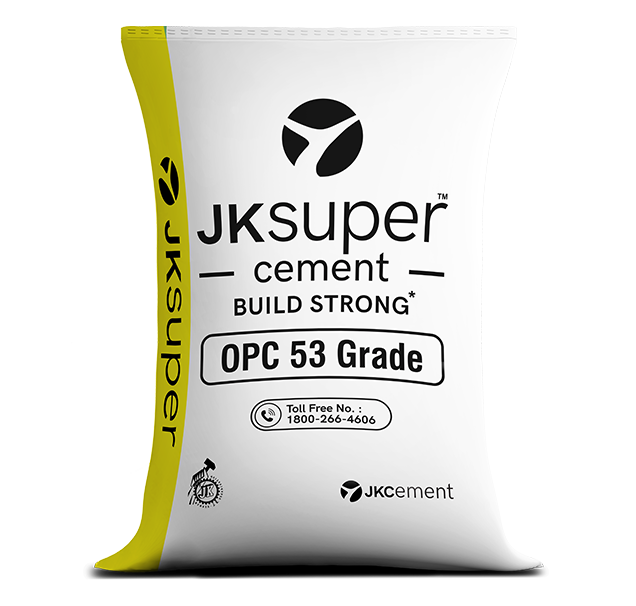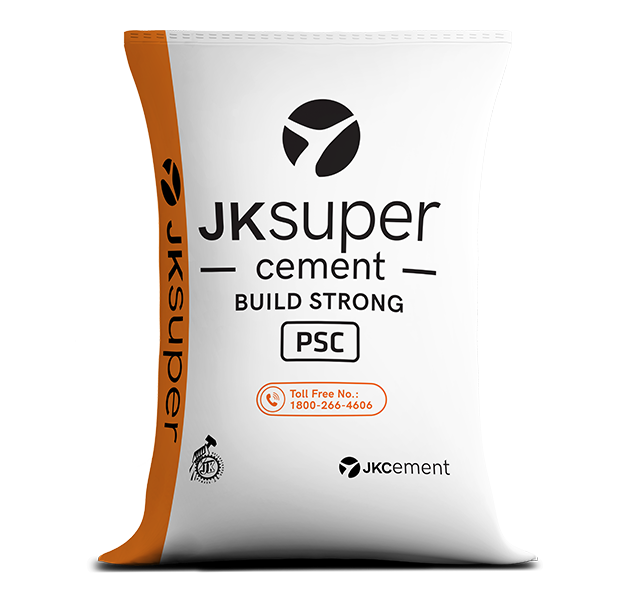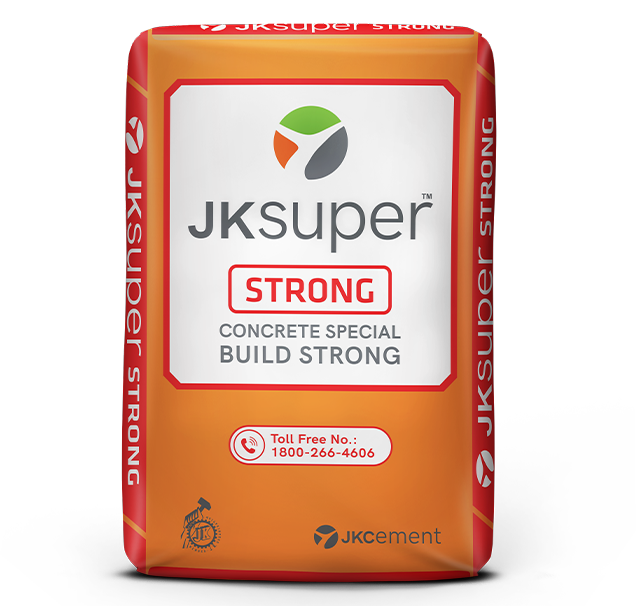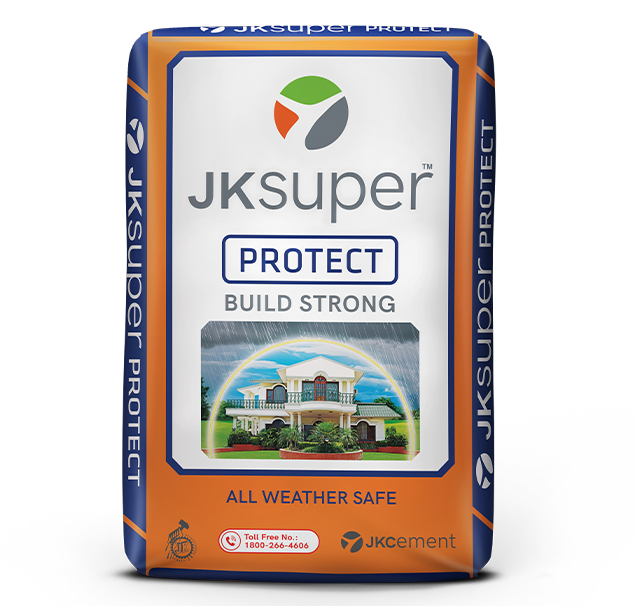Concrete is one of the most widely used construction materials in the world. Cement, water and aggregates like sand, gravel or crushed stones are mixed to form concrete. Cement mixes with water to form a paste that binds aggregates. After a certain amount of time, concrete hardens and becomes strong and durable. From residential buildings to commercial complexes, from bridges to dams, concrete plays a crucial role in shaping the infrastructure around us. All information about the various applications of concrete is available below.
Where Is Concrete Used?
Primarily, concrete is used in structural applications. Its exceptional strength and durability make it an ideal choice for constructing buildings, bridges, and other load-bearing structures. Concrete can withstand heavy loads and resist compression, making it suitable for constructing tall buildings and skyscrapers. Reinforced concrete, which incorporates steel reinforcement bars or meshes within the concrete, enhances its tensile strength, and provides additional resistance against bending and cracking.
Residential Uses of Concrete
Concrete is extensively used in residential construction due to its versatility and cost-effectiveness. Foundations, walls, floors, and roofs in residential buildings are commonly made from concrete. Concrete foundations provide a stable and secure base for homes, ensuring structural integrity and protection against natural forces such as earthquakes and soil movements. Additionally, concrete walls and floors offer excellent thermal insulation properties, contributing to energy efficiency and reducing heating and cooling costs.
Commercial and Industrial Applications
Concrete is widely used in commercial and industrial construction for its strength, durability, and fire resistance. Commercial buildings, warehouses, factories, and industrial plants often rely on concrete for their structural elements. Concrete floors can withstand heavy machinery and equipment, making them suitable for industrial environments. Moreover, the fire-resistant properties of concrete provide an important safety measure, protecting buildings and their occupants from the spread of fire. Concrete is also used in nuclear power plants that typically house radioactive components. In this case, the concrete is made up of high-density aggregates which helps the concrete withstand dangerous chemicals and temperatures.
Transportation Infrastructure
Concrete plays an important role in the construction of transportation infrastructure, including roads, highways, airports, and railways. Concrete pavements and roads offer a durable and smooth surface for vehicles, ensuring safe and efficient transportation. Bridges and tunnels are often constructed using reinforced concrete, as it can withstand the dynamic loads and harsh environmental conditions associated with transportation infrastructure.
Hydraulic & Marine Structures
Concrete is extensively used in hydraulic structures such as dams, canals, reservoirs, and sewage treatment plants. The impermeability of concrete makes it an excellent choice for structures that come into contact with water. Dams and reservoirs rely on concrete to provide a strong barrier against water pressure, preventing leaks and ensuring the stability of the structure. Additionally, the durability of concrete ensures the longevity of hydraulic structures, reducing maintenance and repair costs. Concrete is also used to construct structures that are always exposed to seawater. These include jetties, breakwaters, docks, bulkheads, etc.
Decorative and Architectural Uses
Concrete offers a wide range of possibilities for decorative and architectural purposes. It can be moulded into various shapes and forms, allowing for creative and aesthetically pleasing designs. Decorative concrete techniques such as stamping, staining, and polishing can enhance the appearance of floors, walls, and countertops. Architectural features such as columns, arches, and facades can be constructed using concrete, providing both structural support and visual appeal.
Precast Concrete Products
Precast concrete products are prefabricated structural elements manufactured off-site and then transported to the construction site for assembly. This method offers several advantages, including reduced construction time, improved quality control, and potential cost savings. Precast concrete products include wall panels, beams, columns, stairs, and even entire building modules. They are widely used in both residential and commercial construction projects.
Sustainable Uses of Concrete
Concrete can contribute to sustainable construction practices in several ways. Firstly, the long lifespan and durability of concrete structures reduce the need for frequent reconstruction, thus conserving resources. Additionally, the thermal mass properties of concrete can help regulate indoor temperatures, reducing the energy demand for heating and cooling. Moreover, incorporating supplementary materials (such as fly ash or slag) in concrete production can lower carbon dioxide emissions and reduce the environmental impact of construction.
Concrete & Recycling
When concrete structures get demolished, leftover concrete can be recycled for new construction projects. Demolished concrete is typically dumped into landfills causing negative environmental impact. Concrete chunks are run through a crushing machine and the resulting material can be used as gravel in projects that do not require high-strength. When concrete is crushed on-site, it eliminates transportation requirements which may help reduce costs as well as emissions. Using recycled concrete as gravel also reduces the need to mine gravel.
How to Maintain Concrete
Although concrete comprises resilient properties, it requires regular maintenance to ensure longevity of the concrete structure. Concrete surfaces may collect dirt, grime, rust stains, etc., and thus they must be cleaned from time to time. Cracks in the concrete can cause water to permeate internal walls causing damping or mould. Hence, cracks must be routinely repaired and resealed.
Build exceptional concrete structures with the superior range of cement from JK Cement.
FAQs
What are the main applications of concrete in construction?
The main use of concrete in construction include foundations, walls, floors, slabs, columns, beams, and other structural elements that provide strength, stability, and durability to buildings and infrastructure.
Can concrete be used for both indoor and outdoor projects?
Yes, it can. Concrete is highly versatile and can be used for both indoor and outdoor projects. Its durability and adaptability make it suitable for a wide range of construction applications.
How is concrete used in the construction of roads and bridges?
Concrete is used in the construction of roads and bridges for pavement, bridge decks, abutments, piers, and retaining walls. It provides strength, durability, and resistance to heavy traffic and harsh environmental conditions.
What are some popular decorative and architectural uses of concrete?
Some popular decorative and architectural ways of using concrete include countertops, flooring, decorative panels, facades, sculptures, and textured finishes. Concrete offers versatility, durability, and a modern aesthetic appeal in these applications.
